IntroductionIn today's digital age, online advertising has become a cornerstone of marketing strategies for businesses of all sizes. With the vast reach of the internet, businesses can connect with their target audience in ways that were once unimaginable. This comprehensive guide will walk you through everything you need to know about online advertising, from its types and benefits to best practices and emerging trends.
Types of Online Advertising
Display Advertising:
Display ads are visual advertisements that appear on websites and can include images, banners, videos, and interactive elements. They are an effective way to build brand awareness and reach a broad audience.
Search Engine Marketing (SEM):
SEM involves paid advertising on search engines like Google and Bing. It includes pay-per-click (PPC) campaigns where advertisers bid on keywords to have their ads appear in search results. SEM is excellent for driving targeted traffic and conversions.
Social Media Advertising:

Platforms like Facebook, Instagram, Twitter, and LinkedIn offer advertising options that allow businesses to target specific demographics, interests, and behaviors. Social media advertising is ideal for building brand loyalty and engagement.
Video Advertising:
Video ads are displayed on video-sharing platforms like YouTube or within video content on other websites. They can be in-stream (before, during, or after a video) or as video banners. Video advertising is engaging and helps convey messages effectively.
Native Advertising:
Native ads blend seamlessly with the content of the platform they appear on, providing a non-disruptive user experience. They are often found in the form of sponsored articles, promoted listings, or recommended content.
Email Marketing:
Email marketing involves sending targeted promotional emails to a list of subscribers. It is a powerful tool for nurturing leads, retaining customers, and driving conversions.
Benefits of Online Advertising

Reach and Targeting:
Online advertising allows you to reach a vast and diverse audience while also offering precise targeting options based on demographics, interests, location, and behavior.
Cost-Effectiveness: Compared to traditional advertising, online advertising can be more cost-effective, as you have control over your budget and can measure the return on investment (ROI) more accurately.
Measurable Results:
Online advertising platforms provide detailed analytics and metrics that enable you to track the performance of your campaigns in real-time. You can measure clicks, impressions, conversions, and more.
Immediate Impact:
Online ads can be deployed quickly, providing immediate exposure and impact. This agility is especially beneficial for time-sensitive promotions or events.
Flexibility and Customization: Online advertising offers flexibility in terms of ad formats, placement, and targeting. You can tailor your campaigns to suit your goals and adapt them as needed.
Global Reach:
With online advertising, you can expand your reach globally, targeting audiences across different regions and countries.
Best Practices for Successful Online Advertising
To make the most of online advertising, follow these best practices:
Define Your Goals:
Clearly define your advertising objectives, whether it's increasing brand awareness, driving website traffic, generating leads, or boosting sales.
Understand Your Audience:
Conduct thorough audience research to understand their preferences, behaviors, and pain points. This information will help you create more relevant ads.
Choose the Right Platforms:
Select the online advertising platforms that align with your target audience. Not every platform will be suitable for your business.
Craft Compelling Ad Copy and Creative:
Create attention-grabbing ad copy and visually appealing creative elements. A/B testing can help determine which ad variations perform best.
Monitor and Optimize Campaigns:
Regularly monitor the performance of your campaigns and make adjustments as needed. Optimization is key to maximizing ROI.
Stay Updated with Trends:
The online advertising landscape is constantly evolving. Stay informed about emerging trends and technologies to stay competitive.
Emerging Trends in Online Advertising
AI and Machine Learning:
Artificial intelligence and machine learning are being used to optimize ad targeting, personalize content, and automate campaign management for better results.
Personalization:
Consumers expect personalized experiences. Tailoring ads based on user data and behavior is becoming increasingly important for engagement and conversions.
Programmatic Advertising:
Programmatic advertising uses automated bidding and ad placement to target the right audience at the right time, increasing efficiency and reducing waste.
Voice Search and Smart Speakers:
With the rise of voice-activated devices like Amazon Echo and Google Home, optimizing for voice search is becoming essential.
Augmented Reality (AR) Advertising:
AR ads provide interactive and immersive experiences, allowing customers to engage with products virtually before purchasing.
Conclusion
Online advertising is a dynamic and ever-evolving field that offers businesses unparalleled opportunities to connect with their target audience. By understanding the various types of online advertising, recognizing its benefits, and implementing best practices, you can create effective campaigns that drive results. Additionally, staying attuned to emerging trends and technologies will keep your advertising strategies ahead of the curve in this fast-paced digital landscape.
FAQs on Online Advertising
What is online advertising, and how does it differ from traditional advertising?
Online advertising refers to the promotion of products, services, or brands using digital channels and platforms on the internet. It differs from traditional advertising in that it leverages digital technologies, such as websites, search engines, social media, and display ads, to reach and engage with target audiences online.
What are the main types of online advertising?
The main types of online advertising include display advertising, search engine marketing (SEM), social media advertising, video advertising, native advertising, and email marketing.
What are the key benefits of online advertising for businesses?
Online advertising offers benefits such as a wide reach, precise targeting, cost-effectiveness, measurable results, immediate impact, flexibility, and the ability to reach a global audience.
What are some best practices for creating successful online advertising campaigns?
Best practices include defining clear goals, understanding the target audience, selecting the right advertising platforms, creating compelling ad copy and creative, continuously monitoring and optimizing campaigns, and staying updated with industry trends.
What are the emerging trends in online advertising to watch for in 2024?
Emerging trends include the use of artificial intelligence (AI) and machine learning, personalized advertising, programmatic advertising, voice search optimization, and augmented reality (AR) advertising.
How can businesses measure the return on investment (ROI) of their online advertising campaigns?
Businesses can measure ROI by tracking key performance indicators (KPIs) such as click-through rates (CTR), conversion rates, cost per acquisition (CPA), and revenue generated from online advertising efforts.
What role does personalization play in online advertising, and why is it important?
Personalization in online advertising involves tailoring content and ads to individual user preferences and behaviors. It's important because it enhances engagement, increases relevance, and boosts conversion rates by delivering a more personalized and enjoyable user experience.
What are some examples of successful online advertising campaigns?
Successful online advertising campaigns include the "Share a Coke" campaign by Coca-Cola, the "Dove Real Beauty Sketches" campaign, and the "Old Spice Man" campaign. These campaigns used creativity, emotional appeal, and user-generated content to achieve remarkable results.
What are the challenges and potential pitfalls of online advertising that businesses should be aware of?
Challenges include competition for ad space, ad fatigue among audiences, ad blockers, and the need for constant optimization. It's crucial for businesses to stay updated and adapt to changes in the digital advertising landscape.
How can small businesses with limited budgets benefit from online advertising?
Small businesses can benefit by focusing on targeted advertising, using cost-effective platforms, setting specific goals, and closely monitoring their campaigns. Online advertising allows small businesses to compete effectively in the digital marketplace without large marketing budgets.





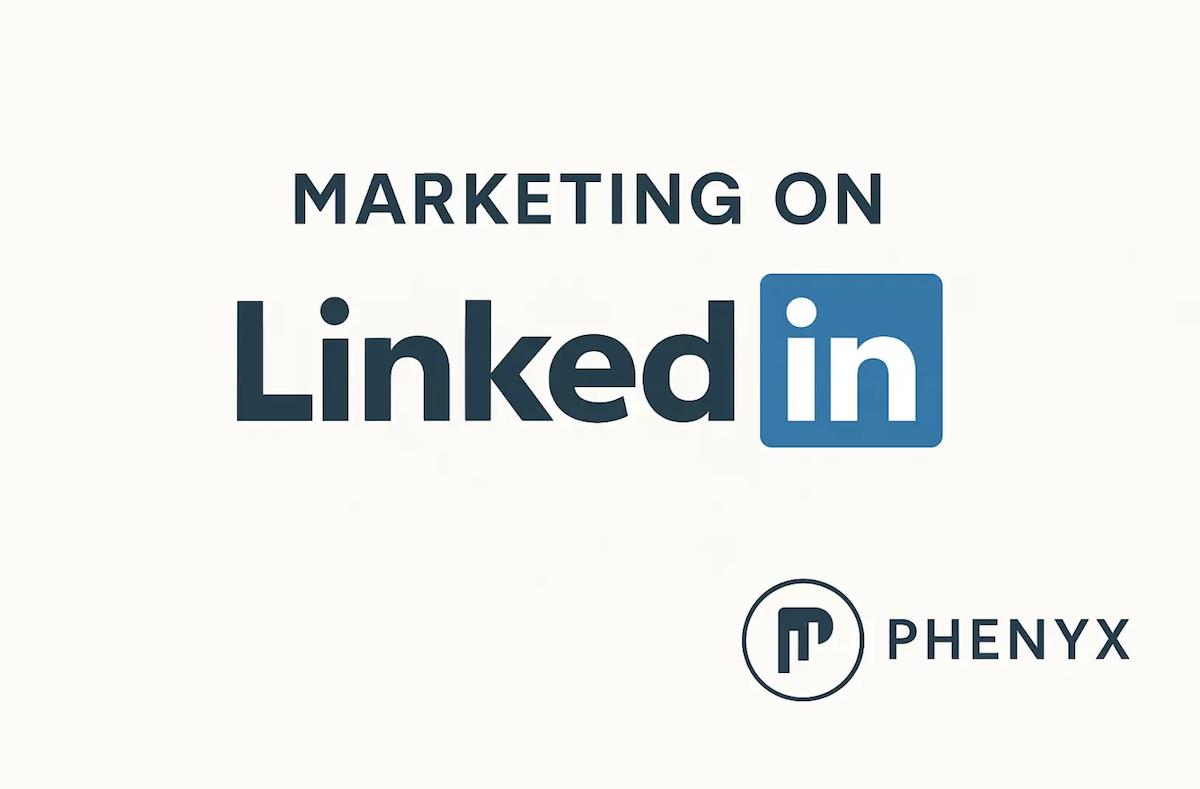
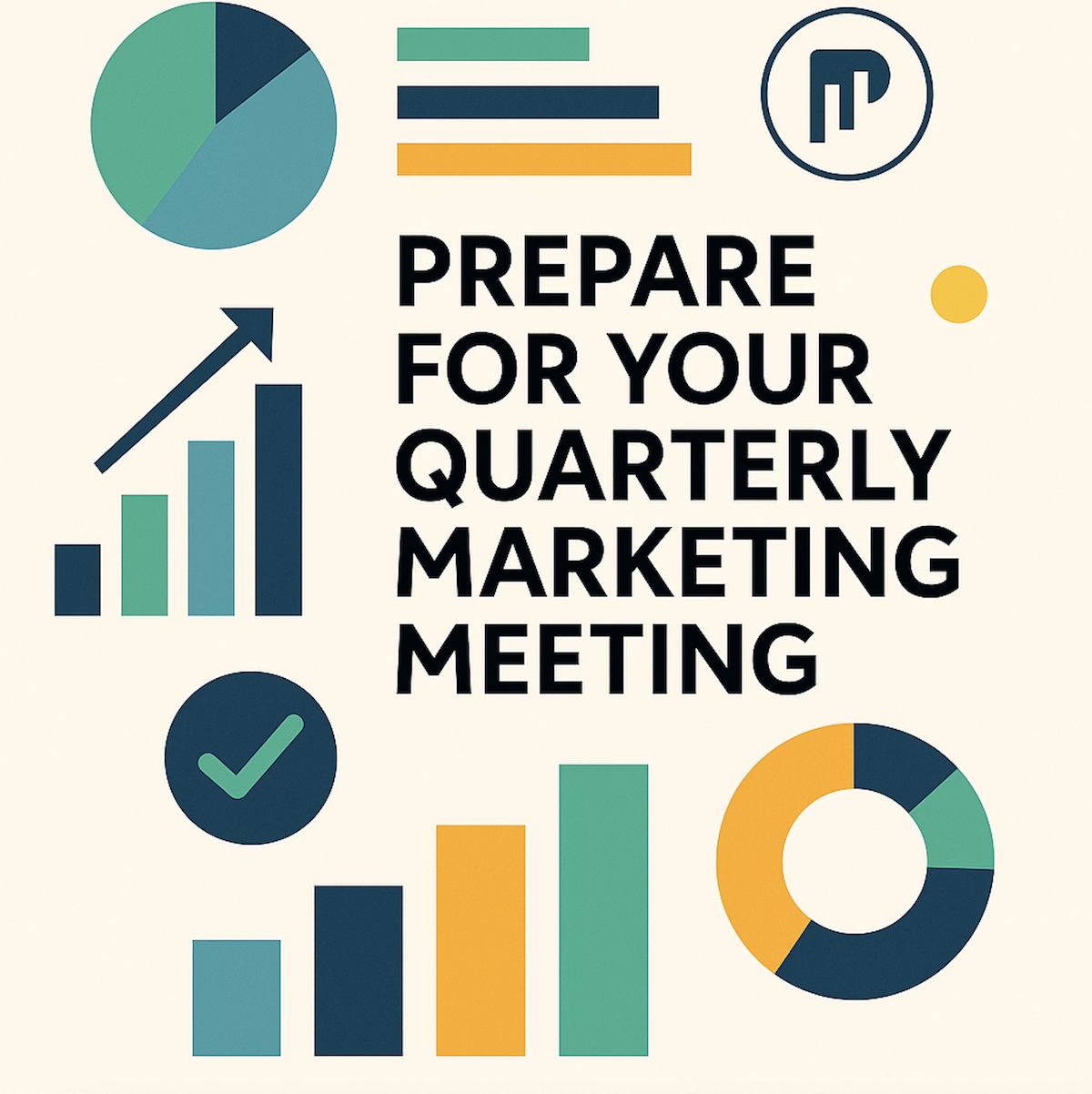
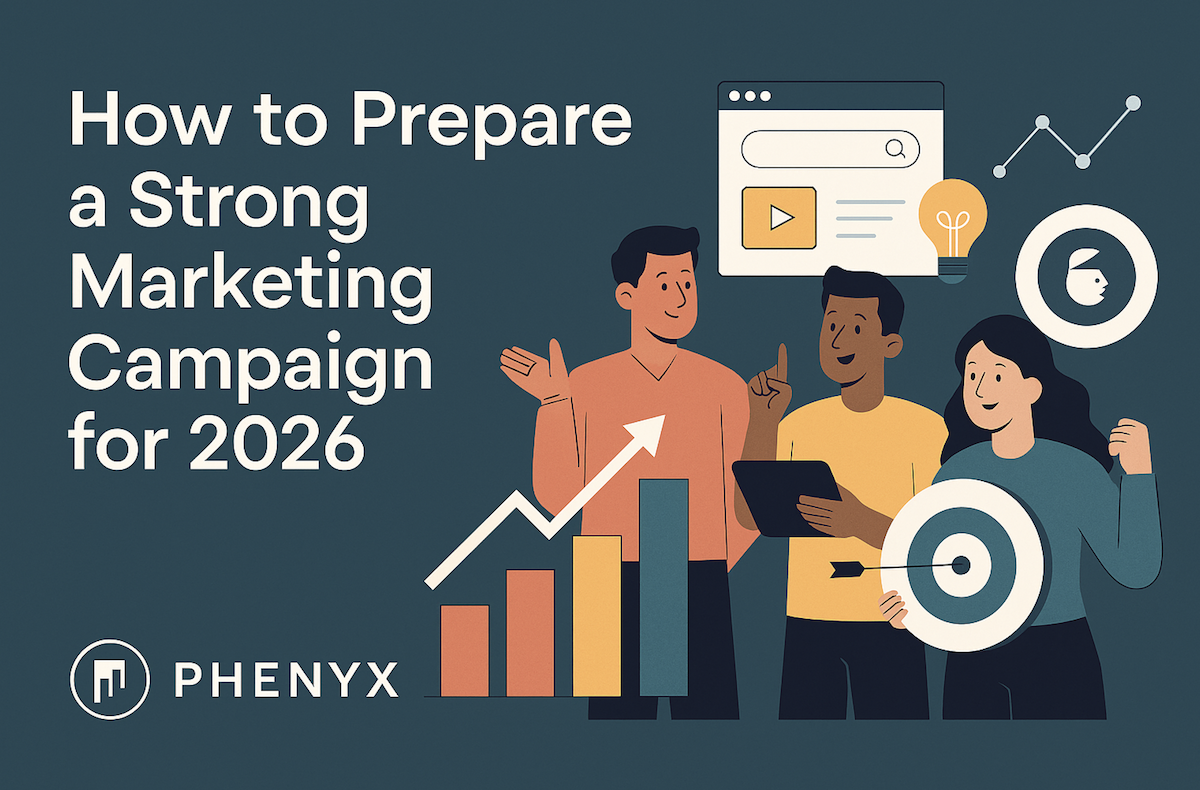


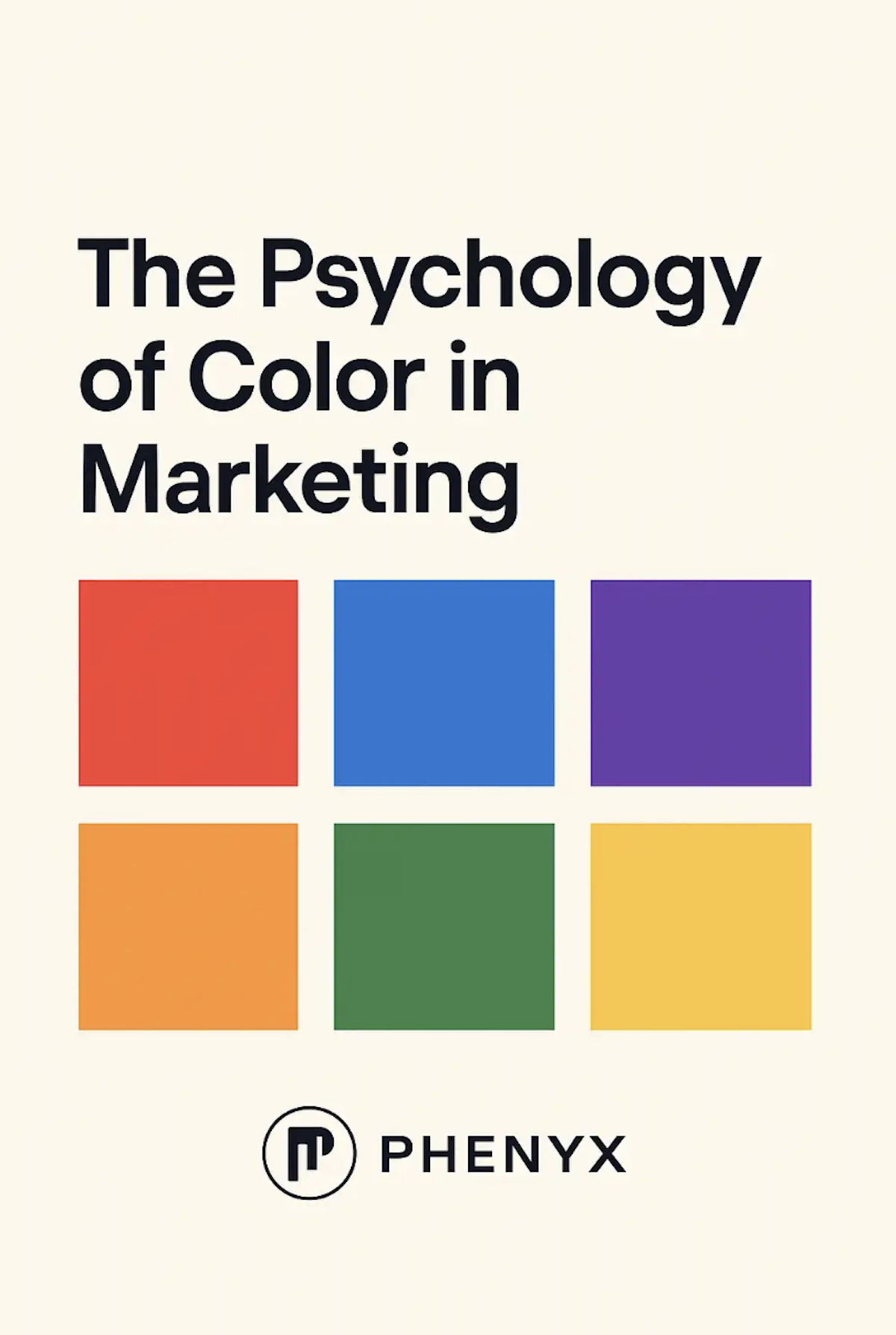
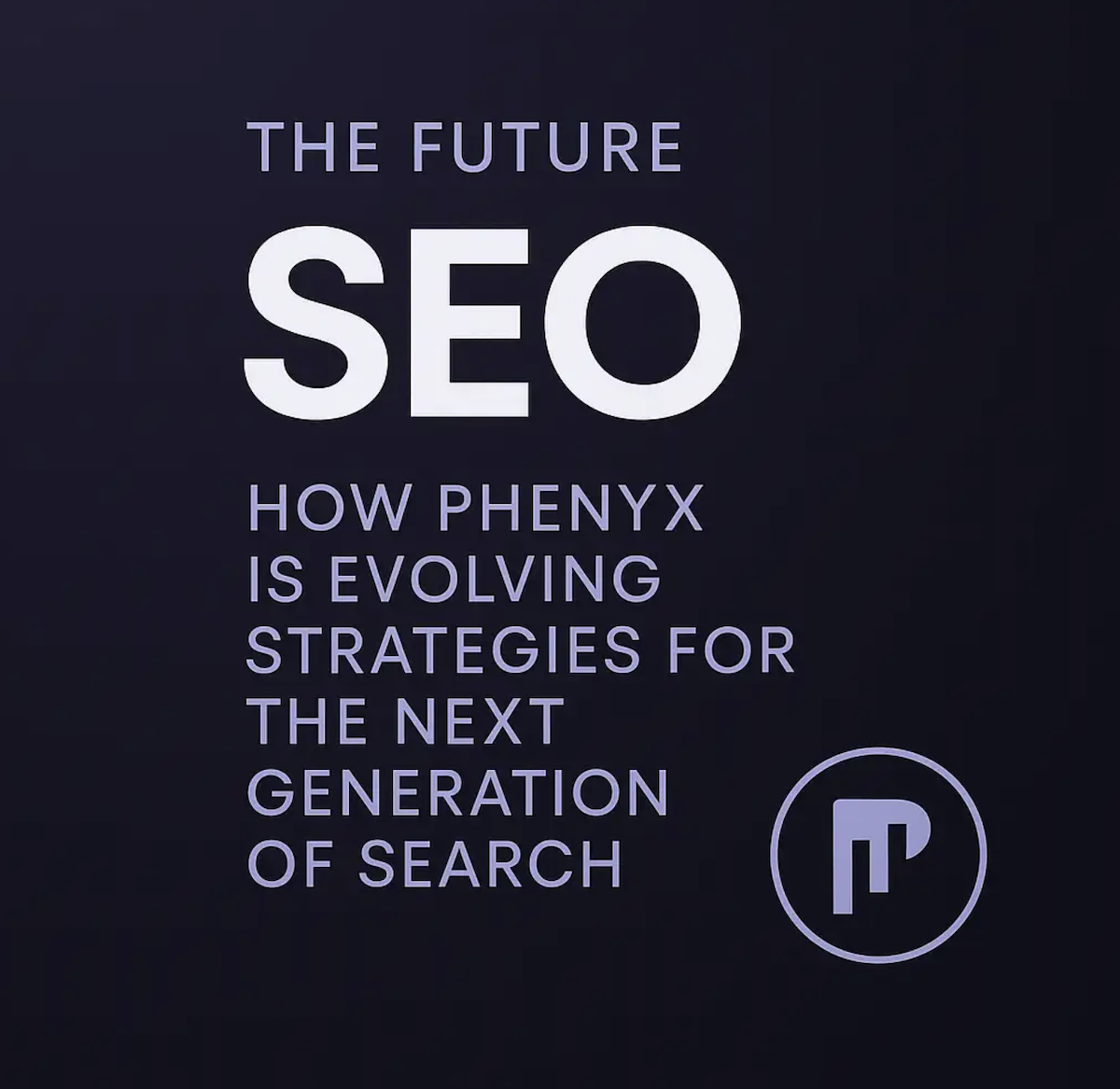

%20(2).svg)
%20(1).svg)
